#category: references
Explore tagged Tumblr posts
Text
sometimes you need dialogue tags and don't want to use the same four


#they're like synonyms and adjacent words and some of them only loosely fall into the category shown i just needed to stick them somewhere#fanfic writing#writing#creative writing#writers on tumblr#writing dialogue#writing reference#writing tips#synonyms#writing resources#for future reference
175K notes
·
View notes
Text
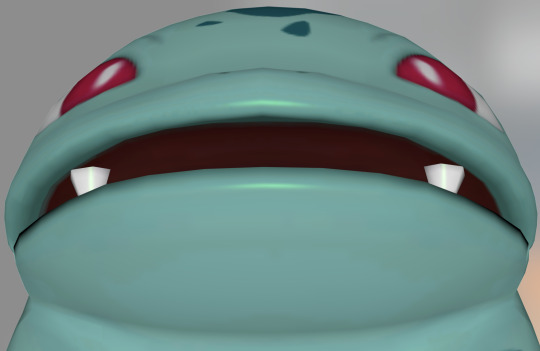
#bulbasaur#we start anew! expect an FAQ later today that will become the pinned post#for reference‚ all angles you'll see in this queue have been voted upon in the front-facing-pokemon discord server! this up to raticate#were all done live in a discord call to build up the queue again. the rest will be done via polls!#this is what we've come to call a Muncher angle#as opposed to sniffers‚ balds‚ rocks‚ animes‚ babies‚ and snilers#all of which you'll see in due time. perhaps i should tag these baed on category#muncher#i will..!
768 notes
·
View notes
Photo

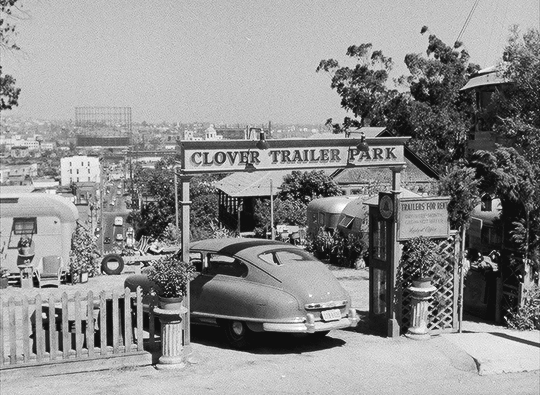


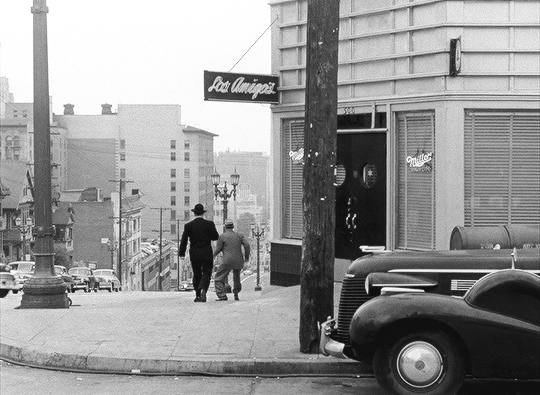
"The script was tailored precisely to budget, confined to barrooms, bookie joints, and a wonderfully seedy trailer park. Much of the picture was shot in and around downtown Los Angeles, including at Union Station, on Bunker Hill, and on Fort Moore Hill."
Cry Danger (1951) dir. Robert Parrish, Dick Powell
#filmedit#oldhollywoodedit#classicfilmedit#classicfilmsource#classicfilmblr#cinemaspast#dailyflicks#filmgifs#Cry Danger#category: Cry Danger#*mygifs#*crydangeredit#me @ all the outdoor shots 'nice l.a.noire reference'
595 notes
·
View notes
Note
okay so to preface: got dicked absolutely down last night (hallelujah) and feeling inspired by things ☺️
how would stevie react to reader telling him all sweetly their pussy’s still sore from the night before ??
CONGRATS ON THE SEX!!
steve would almost keel over and die i think. his pretty face would go through like five emotions all at once. concern that you’re hurt, surprised that he could even do that to you, aroused by the way you say it to him, proud of how well you took it. and he would 100% reply by saying he’s gotta give it kisses to make it feel better!! “lay back and relax, nurse steve is here :)”
#and then you’re like steve please do not refer to yourself in the third person and he’s like ok sry :/ then does it again 2 mins later#category: thoughts
67 notes
·
View notes
Text
Caine is the one who started the therapy group.
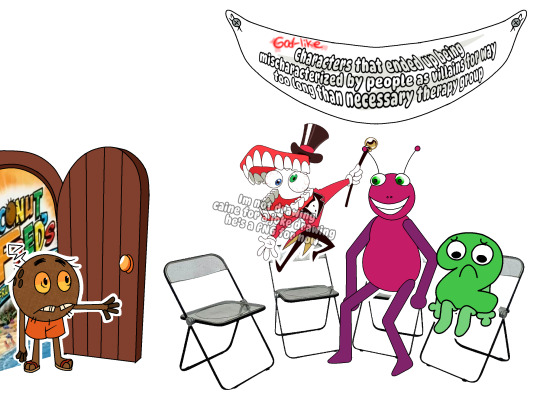
#realizing that some of the characters i like fall into 2 categories and this is one of them.#ALSO YES I KNOW TWO AND BUGBO ARE LOVED NOW BUT IM REFERRING TO WHEN THEY FIRST APPEARED.#the slander of these characters all because of either a few things they did or because they were mean once is uncountable.#coconut fred#bugbo#two tpot#caine tadc#more specifically mad about bugbo and fred being mischaracterized.#like- Fred's just not aware of his own actions and when he is he's just excitable#and bugbo's just a jerk he's not some evil abuser or secret villain.#and caine is here because of how many people just flipped to hating him because of the gummigoo incident.
46 notes
·
View notes
Text

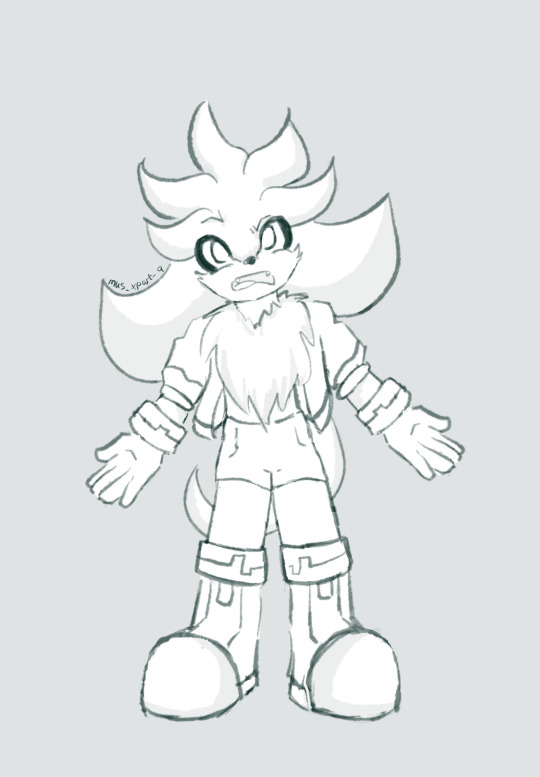

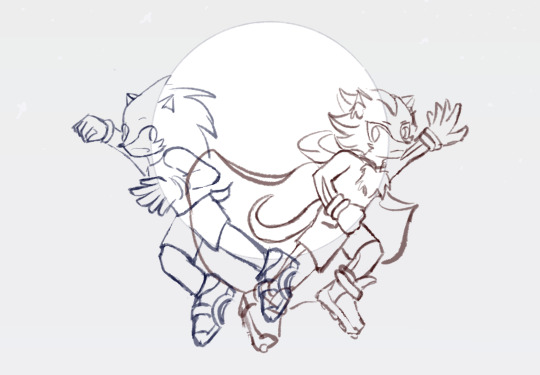
sonic sketch dump teehee
#sophia the first image was made before i asked for ur help w references and is in fact unrelated to my request believe it or not#<- for my sister#99% of what i make ends up in the clean sketch category#coloring / rendering is fun but only once in a blue moon#gonna try to get in the habit of posting some of these too :3#the last one was collecting dust in my gallery so i decided to show it some love after 3 months#sonic the hedgehog#shadow the hedgehog#silver the hedgehog#amy rose#blaze the cat#sonic#sth#sonic fanart#sonic fandom#artists on tumblr#my art#blazamy#amy rose fanart#mikeys canon#blaze the cat fanart#silver the hedgehog fanart#sonic art
50 notes
·
View notes
Text
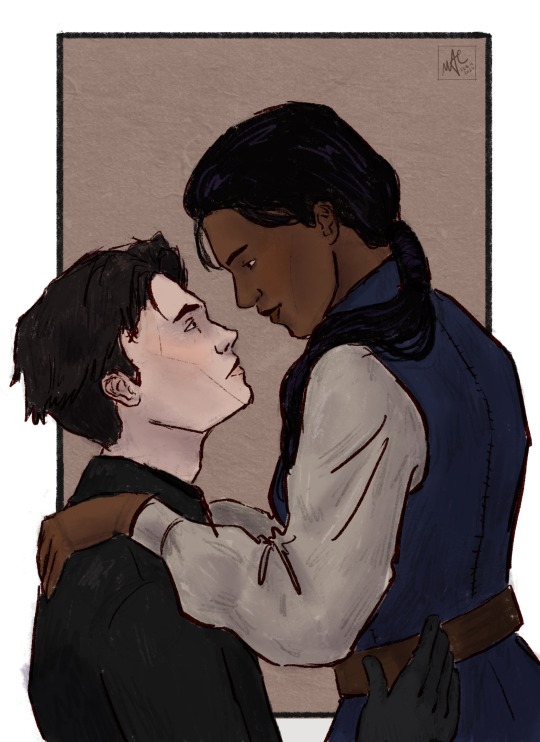
i think of you more often than i'd like to admit...
#happy valentines day a day late#category is: ships that make me fucking LOSE IT!!!!!!!!!#2/3 otp challenge#song reference: crow - bears den#kanej#kaz brekker#inej ghafa#six of crows#six of crows fanart#just my two cents#my stuff#my post#digital scrapbook#my art#digital sketchbook#artists on tumblr
366 notes
·
View notes
Text
I fucking hate how righteous people in my country get about this horrible settler colony. Like you have so many indigenous people making like this incredible mild, milquetoast request that people pick a different date to celebrate as a national day. Not even that people stop celebrating the genocidal nation that continues to viciously oppress them, just that they choose date other than the anniversary of invasion. And so many settlers get so fucking mad about it! Like they don't just say no they act all indignant that the request was even made.
And like the worst part is all the culture war bullshit that obscures why this issue exists; listening to the news you'd think the only people asking to "change the date" are white greenies who hate Australia for no reason but woke. I guess acknowledging that Indigenous Australians even exist is too uncomfortable. Like if we admit that this place was established by a genocidal invasion (even without acknowledging the genocidal nature of the ongoing occupation) then people might question if it's even worth celebrating, if it's good that this country keeps existing. Even the most minor of symbolic gestures is just too much for the most viciously chauvinistic settlers who apparently make up the majority of this awful nation
#stella speaks#and to be clear when I'm referring to other “settlers” I'm not excluding myself from that broad category#but obviously I don't share the same attitudes as the specific group I'm complaining about
34 notes
·
View notes
Text
The Doctor is at their best when they can be described as weird space grandfather or absolute menace to society
#or both#these are not mutually exclusive#doctor who#the doctor#first doctor#third doctor#fourth doctor#sixth doctor#seventh doctor#eighth doctor#tenth doctor#twelfth doctor#those are the ones I was referring to with this post#you get to choose#what category they go in
198 notes
·
View notes
Text
Okay I need verification- Armand when torturing Daniel, he thinks about killing him while Louis is yelling - I THINK he says something like “the peephole is closing Louis”
Is that what he’s saying?
If that’s what he’s saying, it’s a Vonnegut reference to Deadeye Dick, but that doesn’t come out for ten years. Help help what is he saying
#armand#daniel molloy#iwtv#amc iwtv#bc if that’s it it’s a deadeye dick Vonnegut reference#but that doesn’t come out for ten more years and is I think a niche thing to say#but falls in my literary category so I can’t unhear it that way
20 notes
·
View notes
Text
This term was coined and originally posted by @anyolovez, who has since deactivated. The post is copied out here word-for-word for archival purposes.
Repevisum
From the Latin word repenso, meaning "reimburse." Apart of the -visum collection; can be combined with other terms.
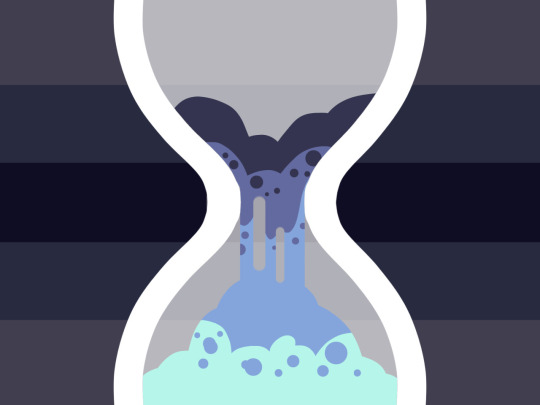
Repevisum refers to a headspace in which it's existence is passive; nothing happens and it does not exist until it is focused on/entered. Once headspace is acknowledged, pseudomemories are immediately created to fill in the gaps.
These events did not actually physically take place, but were rather implanted into the system.
Memories may be hazy mixtures of feelings/concepts/visual snippets rather than well defined recallings. Sometimes memories may not even be implanted. Some memories may be immediate, some memories may take a bit of time to fully form.
The memories are then treated as if they really happened since that is what everyone feels. Headmates memories will always align with each others; one headmate remembers talking to another headmate, that other headmate will remeber the same thing.
#system terms#plural terms#system flags#plural flags#repevisum#category: flags#category: plurality#category: headspace#category: innerworld#theme: -visum collection#alphabetical search: r#reference book
17 notes
·
View notes
Text
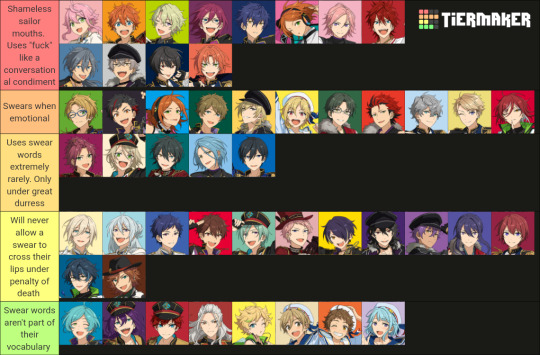
The boys and swear words
#enstars#yapping#this came about bc i have a tendency to write Keito swearing#probably bc i keep putting him in situations that greatly upset him 🙂#it occurs to me ibara probably taught nagisa how to say fuck#also missing: category for those who refer to themselves w reclaimed slurs#(Rinne Hiyori Wataru)#Kohaku has accidentally said fuck in a live interview before i believe this in my bones#Rinne thought it was hilarious#Himeru was devastated and washed his mouth out w soap#and Niki ate the soap bc 'Kohaku got some!'#🐝🐝🐝🐝��#tierlist
7 notes
·
View notes
Text

last time i checked it was etherealki but ok leigh you do you
#hasini yaps ♡#also whats the point of having the name materialki for the durasts and alkemi if theyre always referred to as fabrikators?#and no one specifies whether theyre a durast or an alkemi because the categories are so blurred#rule of wolves#grishaverse
7 notes
·
View notes
Text
what i want is a site that lists every single published paper but cataloged by things like area and questions. like you'd be able to go to 'human body -> head -> brain -> function' and see all the papers exploring how the brain works with summaries on methodology and sample size (if relevant) along with general summaries of the topic going over what we current know. just something that would let you explore the sum of human knowledge in a way that is natural and fun to explore around but easy to get into initially and based around published papers. i understand this is a lot to ask but i'm sure if you got enough people together you could figure it out
#just spitballing here#not sure how the categories would work but that'd be figured out when actually testing prototypes#like i'm sure i could make a site capable of this#but the challenge is really all the time youd need to find all the papers and summarise everything#dont even need the raw papers just references and summarization#a woman can dream#lizabeth talkabeth#science
7 notes
·
View notes
Text
My biggest problem with the concept of autism is that it's ontologically dehumanising, and that it normalises behaviours that are harmful from a social perspective. It makes sense that under neoliberalism with little infrastructure to deal with problems at the broader social and material levels that they are instantiated in, the methodology of treating autism as an individually-situated "mental health condition" (or I suppose as a way-of-being in the best manifestation of this approach, though I challenge that this is ever how it is being truly conceptualised and suppported as) is a popular and maybe the only *immediate* way to respond in any sort of supportive manner.
But, as someone who's struggled deeply with other people my whole life and has always had a host of complicated behaviour that has been pegged as typically or potentially auitistic since being very young, I just cannot accept that the phenomena that produces this behaviour in individuals can be reduced to a label like this. The idea that an individual subject 1. exists and 2. can be socially defective is a distortion inherent to the illness of the colonial technofascism of modern day liberalism. Systems of thought that seek to categorise beings and assign value to them in regards to how well they support said system is a broken epistemology, and many people believe this already on the left but at the same time will still choose to deploy, or even self identify with the labels produced by this system, other examples being concepts like "Clinical Depression" or "Anxiety Disorders". Of course, people exhibit the emotional states of depression and anxiety, but can we really honestly say that these states are causally limited to their individual subject? Why would someone NOT be depressed and anxious about the conditions they find themselves in? I don't think I need to repeat the basic premise of the anti-psych response to the concept of mental illness that folks like Mark Fisher and many others like Foucault and D&G etc. have explored at length, but I think if you are looking at this world with any degree of honesty and criticism you'll find it hard to say that it is full of negative stimuli, and that it is rational to respond to this negative stimuli with worry and despair. The ruling powers that want to preserve these terrible power structures built these modes of categorisation and we have to see outside of them.
When you think about what composes autism, often understood as a failure to socially develop or an attachment to behaviours that are not aligned with the greater social body, might it not occur to think about what social conditions would create this state in an individual?
idk, I never intended to write an essay here but I'd just like anyone who identifies with the concept of autism or is happy applying that label without nuance to others to think about the experiencing subject as being in a world and not a self, in a personal history, an intergenerational history, a socio-political history. When we use the word trauma, and we study the causes of trauma we discover a spider web of causal relations, and these complex causes have extremely complex effects. It's kind of hard to create individual examples, these things are so expansive and interrelated, but I'll maybe try sum up a simple equation to start to poke at all this in a more complex and material manner:
What happens when someone experiences social and material deprivation from a young age, what happens when a person is raised by someone who was raised by someone who was raised by someone who was raised in social material deprivation? When for hundreds and hundreds of years each parents generation has had a fundamental aspect of human social organisation increasingly torn from them (and more recently being torn from the world itself as another supportive body of resources both material and social!) What happens when a person grows up with their behaviour constantly being repressed, cut off from wholistic interpersonal support (think parents working for much of their children's day, and then the rigid and authoritative social structure of the school)?
You might want to say that many seem to adapt to this lifestyle in this world well enough and end up well-adjusted, but is that true at all? It absolutely fucking isn't. Again, I think the real state of the society we developed in is increasingly revealed to newer generations, and we have a responsibility to interrogate all of it and not just what makes us comfortable. The people who are well adapted to this world are practicing mental gymnastics, or worse are knowingly dominating others and shutting their feelings off to participate in the competition with others and destruction of everythign around them. The world we're in is the disease and pathologising the reactions of those sensitive to it has got the causal analysis upside down.
The incredibly varied and inexplicably grouped concept of autism, or "neurotypicality" by those who have accepted the narrative of politically reformed psychiatry is just a natural reaction to the intellectual and sense experience of this society. It is multifaceted and inconsistent because the deprivations are broad, many and complex, and "treating" the "symptoms" is only possible by designing society differently.
#anti-psych#rambling but I'm right#i'm not interested in getting in long debates with people who are completely stuck in theoretical and categorical obsessions with this#this is deeply personal#liberate yourself by accepting pain#that's what being radical means#categories are a flawed ontology#process philosophy#everything is referent to matter#and matter cannot be defined by labelling
16 notes
·
View notes
Text
a quick helpful reference guide:
Children's books - Target demographic is generally up to like age 10 - basically elementary school and below, for us Americans.
Middle-grade books - Target demographic is approximately middle schoolers (ages 11-15).
YA (Young Adult) - Target demographic is about 15-20ish year olds, so high schoolers and early college.
There is such thing as "upper middle-grade books" (targeted more towards the upper range of middle grade, so middle schoolers going into high school) and other such more specific intended target demographic age ranges within those groupings.
What these ranges mean is that the books differ in how they present subject matter to be appropriate to the intended audience demographic. Obviously, books geared towards younger kids are going to be shorter, use simpler language, and present concepts in ways that are easier to understand for younger children. As the target age demographic increases, the length, word choice, and presentation of topics will become more complex. The actual subject matter within the book itself is unrelated to this classification system for the most part - the books are graded on what's presumed appropriate for that age-range in terms of how children learn and their presumed literacy and reading comprehension at that age, rather than the topic itself.
Rick Riordan is a middle-grade author, and his books are usually middle-grade - including the entirety of the Riordanverse and Daughter of the Deep. The only exception is The Sun And The Star, which is loosely either upper middle-grade or YA, as Mark Oshiro is a YA author and co-authored it.
#rick riordan#< basically only gonna tag that cause this is more general books rather than pjo-specific#anyways stop calling Rick a YA author he's not#also QUALITY IS SUBJECTIVE TO THESE CATEGORIES#a book being shitty because it's middle-grade does not excuse it being shitty#it just means it's shitty and also middle-grade#in fact its probably more difficult to write well for younger age groups because you have to break down the concepts well#and your audience is less likely to have the life experience to understand certain references or experiences#and you need to take that into account#it doesn't mean they can't handle certain concepts or deserve shitty writing#some writing is just obectively bad from a structural standpoint
95 notes
·
View notes